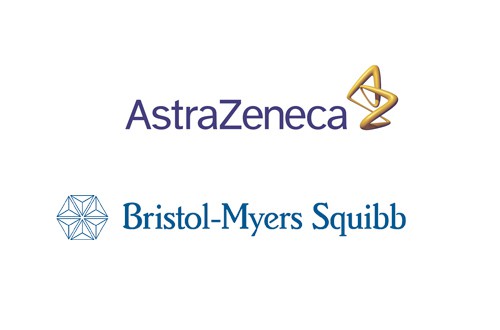
A Bristol-Myers Squibb (BMS) drug abandoned as an obesity therapy looks set to find a new lease of life treating the rare disease lipodystrophy.
The US FDA has granted priority review status to metreleptin – an analogue of the hormone leptin – for the treatment of metabolic disorders associated with inherited or acquired lipodystrophy (LD), which only affects a few thousand people around the world. The designation reduces the duration of the agency’s review from 12 months to eight.
BMS acquired metreleptin along with Amylin Pharmaceuticals last year, and is developing the drug alongside metabolic disease alliance partner AstraZeneca (AZ).
Amylin filed for approval of metreleptin in 2010 as a treatment for diabetes and/or hypertriglyceridaemia in LD patients, using a rolling biologics license application (BLA) that allowed the various parts of the dossier to be filed sequentially.
The submission was completed a year ago with the filing of the chemistry, manufacturing and controls (CMC) section of the BLA. Primary data came from an ongoing National Institutes of Health (NIH) open-label trial which started in 2000.
Patients with LD experience a loss of fat tissue in some areas of the body, especially under the skin, which is caused by a deficiency in the hormone leptin.
The knock-on effect of this is that the body’s ability control energy use and fat storage breaks down, and fat accumulates in unusual areas such as the blood and organs causing potentially life-threatening complications including heart and liver disease.
The rarity of LD means metreleptin will be a fairly minor product for BMS and AZ, despite the high price tag that can be attached to treatments for ultra-rare orphan conditions. Sales potential will be just a fraction of the multi-billion dollar potential discussed when Amylin and Takeda were developing it for obesity as a combination therapy with pramlintide.
Although the two companies said they would continue to explore metreleptin’s role in obesity after reporting disappointing phase III results in 2011, their efforts came to nothing and Takeda pulled out of the collaboration in January.




